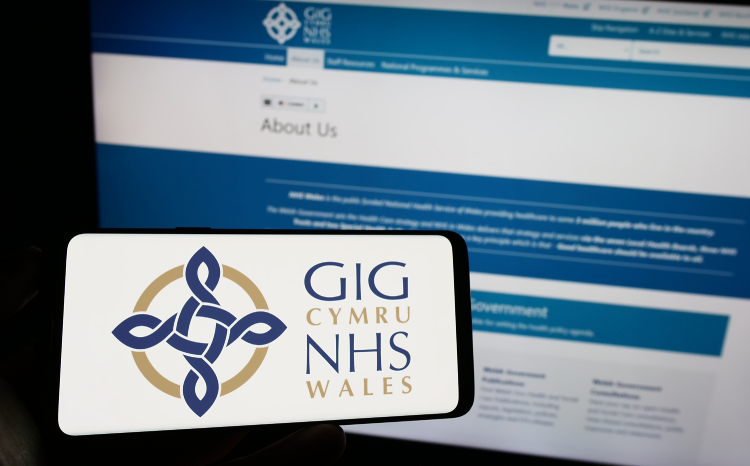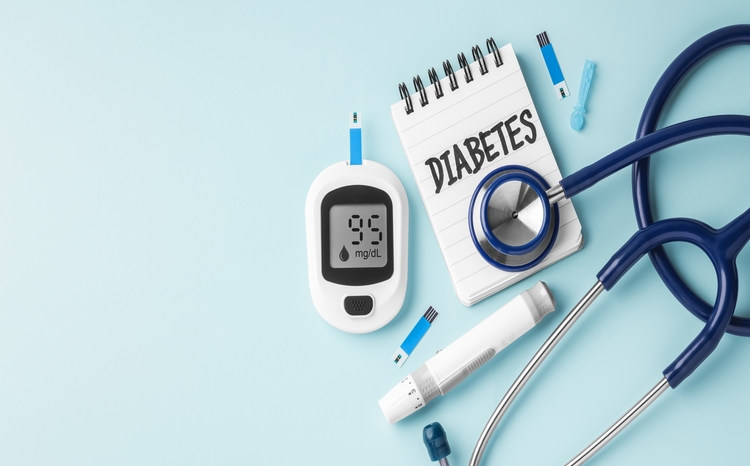Wales sets out digital ambitions

Welsh patients will access their medical record online and use smartphones to manage their health as part of a five-year digital health strategy published by the Welsh government.
‘Informed Health and Care: a digital health and social care strategy for Wales’ sets out the country’s ambitions to improve access to patient information across health and social care and to make better use of digital technology.
Many of its goals mirror that of ‘Personalised Health and Care 2020’, the framework that is being used to drive the uptake of digital technology for health and social care services in England.
These include the launch of an ‘online citizens portal’ where by 2017 patients will be able to view their GP medical record, update contact details and other information, view letters related to their care and carry out self-health assessments.
Later additions planned for the portal include the ability to view test results, to view which professionals have accessed the record and to share relevant information collected by the individual from devices such as wearable technology.
This will be in addition to the My Health Online portal, which has been rolled out to all 458 GP practices in the country and allows NHS patients to book appointments and order prescriptions.
The strategy also pledges to make free wi-fi available at all NHS Wales hospital sites for patients, visitors and staff.
The National Information Board, which is driving the digital agenda for NHS England, made a similar commitment last week after a recommendation from Martha Lane Fox on how to improve the uptake of digital innovations in healthcare.
‘Informed Health and Care’ focuses on the capability of new technologies such as smartphones and wearable devices to collect patient information, such as blood pressure, heart rate or blood sugar levels.
“Health and care records will be enabled to receive this personalised information and to use it automatically to trigger alerts and support clinical decisions and care management,” says the report.
It also says these tools will better enable the public to connect with peers and to improve their ability to self-manage.
“People will use digital channels, such as social media and apps, to share their knowledge and experiences and, if desired, engage with a wider social network.”
Another priority for early action is to allow people to use video-calling, testing and email to speak to a clinician remotely.
Wales’ health and social services minister Mark Drakeford said: “Giving people more control over their care and access to their records is an important part of the notion of co-production – the recognition that health outcomes are maximised when the contribution of patients as well as practitioners is captured and put to work.”
The strategy also says that smartphones and tablets will be used “routinely” in all care settings so staff can access and update patient data.
Drakeford said: “Frontline staff who work in our health and care services must also have access to the very latest digital technology, which allows them to deliver services in new, innovative ways, that put the needs of patients first.”




